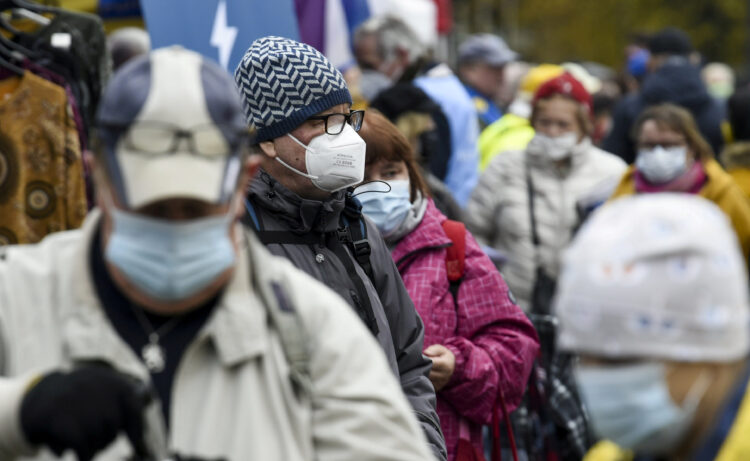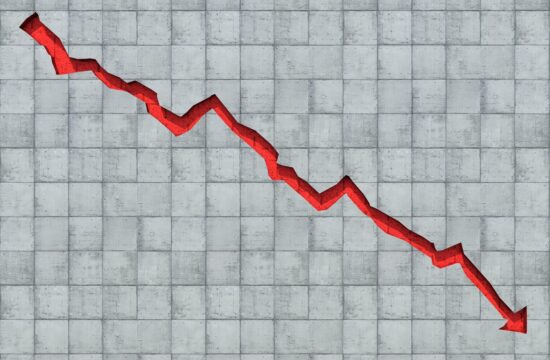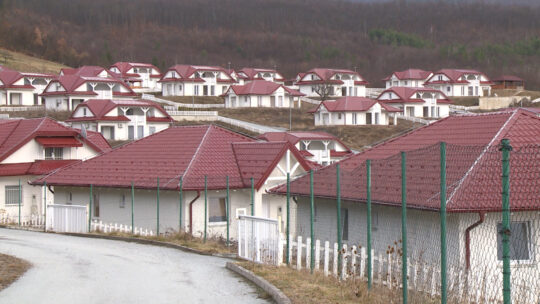
Slovenia has registered 1,302 new cases of coronavirus in the past 24 hours and 59 people have died, the highest number to die in one day yet, the government said on Tuesday, calling for rigorous penalties for anyone failing to adhere to measures against COVID-19.
The data is not encouraging at all and the epidemic is not calming down, the government's COVID spokesman, Jelko Kacin, told a press conference.
Since it is estimated that one of the main causes of the virus continuing to spread is non-compliance with epidemiological measures, the government has forwarded a bill to parliament to ramp up penalties for violations, with the maximum fine being set at as much as €10,000, compared to the €400 fines that were in force in the spring.
The opposition considers the fines to be disproportional and has called on the government to communicate better with citizens.
Epidemiologists are concerned that despite restrictions, the number of new infections is still high as is the number of hospitalised patients and fatalities.
According to data published by Slovenia's health ministry, the number of active cases is 20,337 while the 14-day incidence rate is 970 and the number of people seeking hospital treatment is continuing to increase.
There are currently 1,299 COVID-19 patients in hospitals, 204 of whom are in intensive care units.
Slovenia's health minister sceptical about massive testing
Earlier in the day, Health Minister Tomaz Gantar expressed doubts about mass testing for coronavirus, saying that tests should be directed at aged care facilities and medical staff.
Last week Prime Minister Janez Jansa announced a plan to mass-test the population by using antigen tests to determine the incidence rate of infection in the population.
Gantar, however, has said that this is questionable because of limited capacity and that he saw the proposal for mass testing primarily as targeted and systematic testing of medical staff and residents and staff of aged care facilities.
Only after they are tested should fast antigen tests be made available to those who wish to get tested, said Gantar.
According to Gantar, there is insufficient personnel to conduct mass testing because in the past 14 days 1,080 medical staff have come down with the virus and they need to be tested twice a week while the government's decision to test residents of aged care facilities means 20,000 tests a week.
He also wondered about the purpose of mass-testing the entire population with antigen tests, given that they are not as reliable as molecular tests.
Gantar also warned that in the current situation, when the number of hospitalised patients is continuing to grow, easing epidemiological measures would be a mistake and very dangerous.



